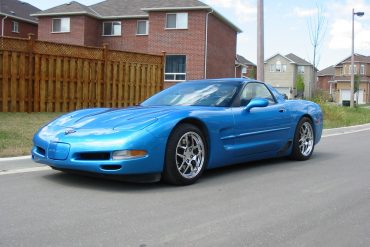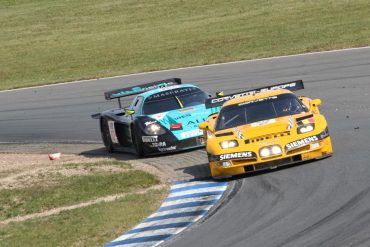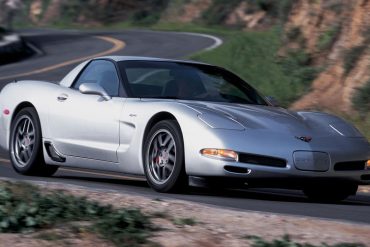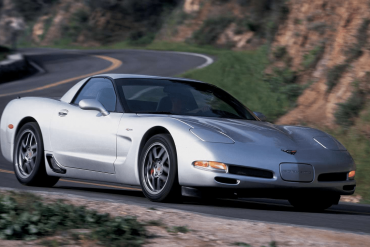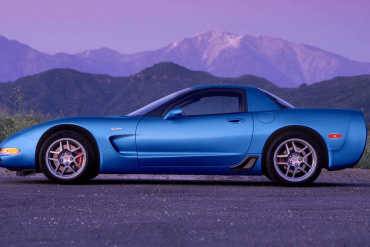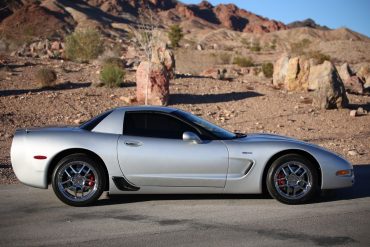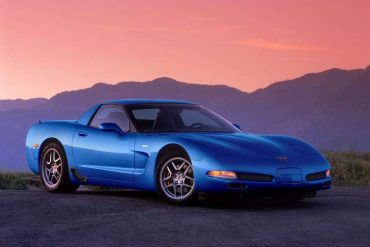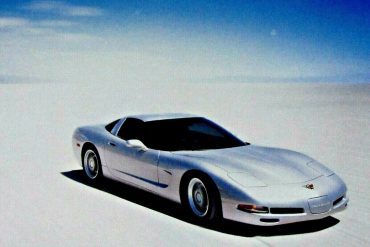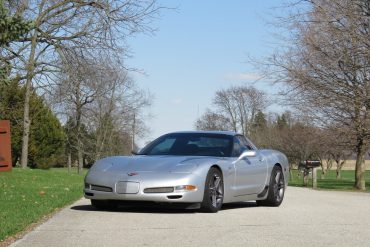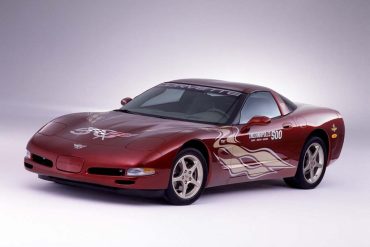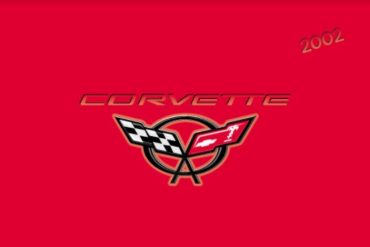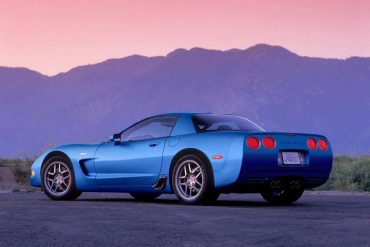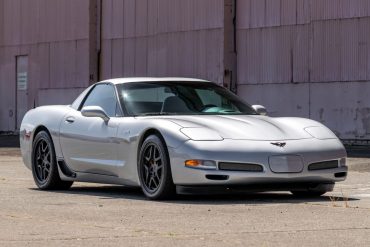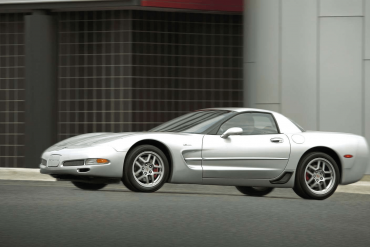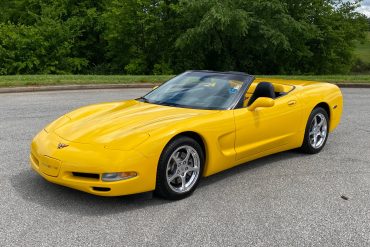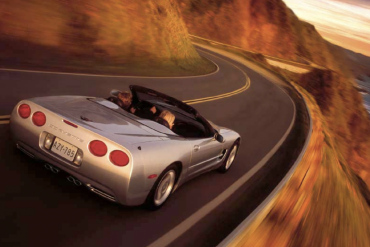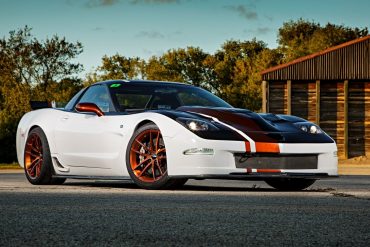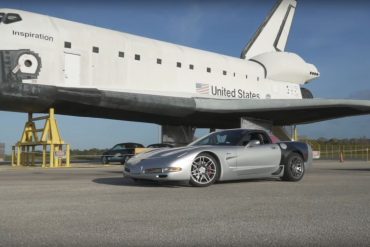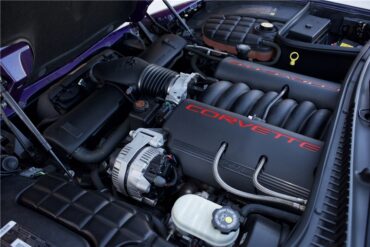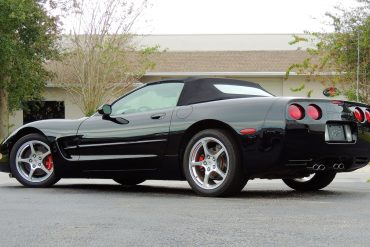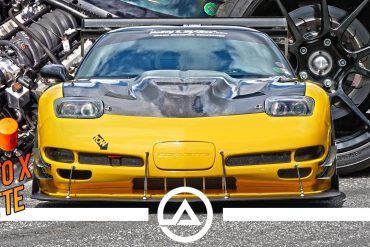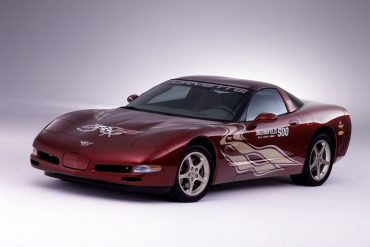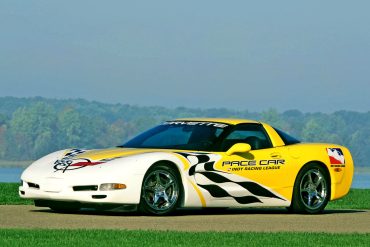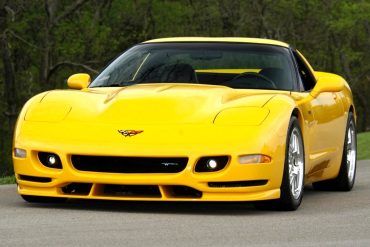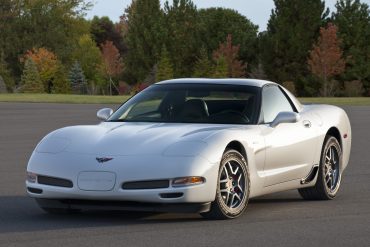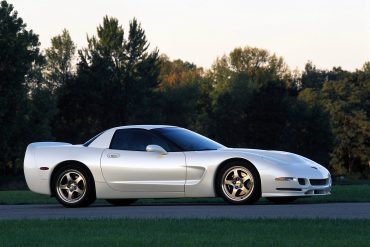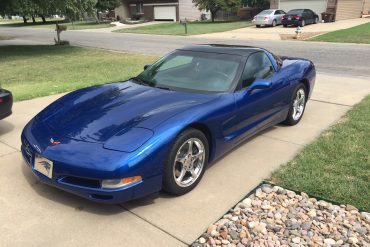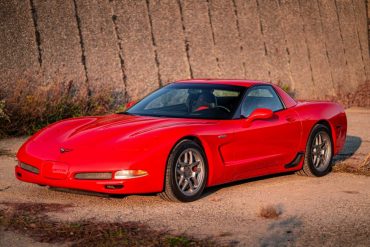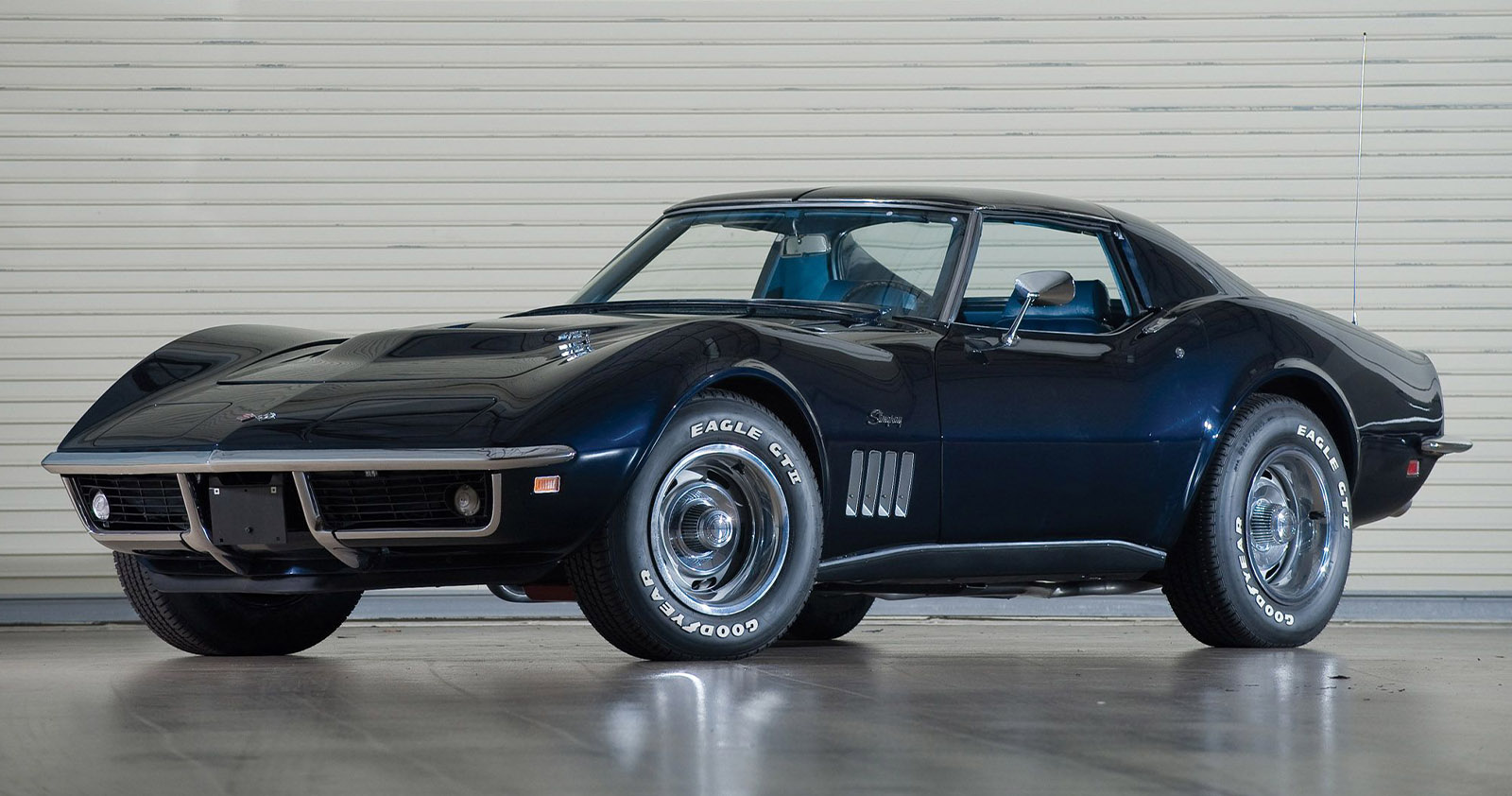To Remain or Not To Remain Factory Equipped? That Is the Question… Every Corvette owner knows that driving their car...
The Corvette C5-R was part of a plan by General Motors and their Chevrolet brand to create a factory team to participate in grand touring races not only in North America, but also elsewhere in the world, most notably at the 24 Hours of Le Mans. GM had previously been against approving factory support for Corvette racing programs, although the IMSA GT Championship's Corvette GTPs had seen some support until they ended competition in 1989.
A successor to the ZR-1 made its debut in 2001 as the Z06, giving a nod to the high-performance Z06 version of the C2 Corvette of the 1960s. The Z06 uses a tuned version of the standard LS1 engine (designated the LS6), with a higher power output of 385 hp (390 PS; 287 kW), later bumped to 405 hp (411 PS; 302 kW) starting in 2002.
2002 Corvette – The Ultimate Guide The 2002 model year showed no signs of slowing down for the C5 Chevy...
Browse 2002 C5 Corvette pictures, photos, and images. Explore and get inspired by hundreds of interior, exterior and action photos.
No Subscription? You’re missing out Get immediate ad-free access to all our premium content. Get Started Already a Member? Sign...
For all 2002 Corvettes in the U.S. and Canada, the Vehicle Identification Number (VIN) was stamped on a plate on the inner vertical surface of the left windshield pillar visible through the windshield.
2002 Corvette Ads No Subscription? You’re missing out Get immediate ad-free access to all our premium content. Get Started...
The following list of common issues is intended for individual reference only, and may not reflect the specific issues of every 2002 Corvette.
For 50 years, Chevrolet Corvette has represented American performance. In 2002, Corvette also led the pack at two important racing venues: the Indy Racing League (IRL) and the 86th running of the Indianapolis 500. In its IRL pace duties, Corvette wore a two-tone white and Millennium Yellow paint scheme with checkered-flags graphics forming a V for victory.
This Owners Guide contains important information regarding the operation and maintenance of your 2002 Corvette. In order to obtain maximum enjoyment and usage from your car, we suggest that you familiarize yourself with the contents...
See the complete technical specifications and performance information for the 2002 Chevrolet Corvette, including engine specs, acceleration, & quarter mile.
The 2002 Corvette was maturing as both a performance platform and as an aesthetic knockout. Get all the options, pricing, and color data here.
In 2002, a total of 35,767 Corvettes were produced, which was the peak for the C5 models. Production volume was consistent as strong demand continued to drive C5 sales.
Looking for information on how to maintain your 2002 Corvette? We've curated resources to help you keep your Corvette in great shape for years to come!
2002 C5 Corvette RPO Codes, Options Codes & Order Guide If you are looking to decode your 2002 Corvette RPO’s...
The world is watching Corvette. America’s sports car is captivating enthusiasts wherever it goes. Press reviews, both at home and abroad, have been outstanding, and in the...
We have curated the ultimate collection of the 2002 Corvette Wallpapers and HD backgrounds for you to enjoy. Free to download
We’ve featured a few quarter-mile, standing mile, and top speed runs on Corvsport in the past. However, we’ve never seen...
When the C5 Corvette was finally unveiled critics were quick to notice a thundering new powerplant. It carried the LS1 designation, serving as the C5 Corvette’s base engine for the duration of the production run. Ironically, the C5 Corvette would only ever leave the factory with one of two individual engines. This included the aforementioned 5.7L LS1, as well as the all-powerful 5.7L LS6, which powered the C5 Z06.
Black 2002 Chevrolet Corvette We found some examples of 2002 Corvette in the Black color scheme. These real Black paint pictures of...
AutoTopiaLA, a popular YouTube channel known for showcasing classic muscle car builds, takes a different route this time by featuring...
In a new video from Jay Leno’s Garage, we get an in-depth look at a unique 2002 Corvette Z06. This...
In 2002, Corvette led the pack at the 86th running of the Indianapolis 500. The 86th running of the Indy...
For 50 years, Chevrolet Corvette has represented American performance. In 2002, Corvette also led the pack at two important racing...
At the 2002 SEMA show, Chevrolet dressed up many of its production vehicles for the aftermarket accessory show. The Corvette...
An extra boost of 20 hp, to 405, made the 2002 Z06 the quickest C5 production Corvette ever. This upgrade...
At the 2002 SEMA show, Chevrolet dressed up many of its production vehicles for the aftermarket accessory show. The Corvette...
Electron Blue 2002 Chevrolet Corvette We found some examples of 2002 Corvette in the Electron Blue color scheme. These real Electron Blue...
Beauty in Red The C5 Corvette is one of the sleekest and most curvaceous Corvette generations out there. It’s a...


